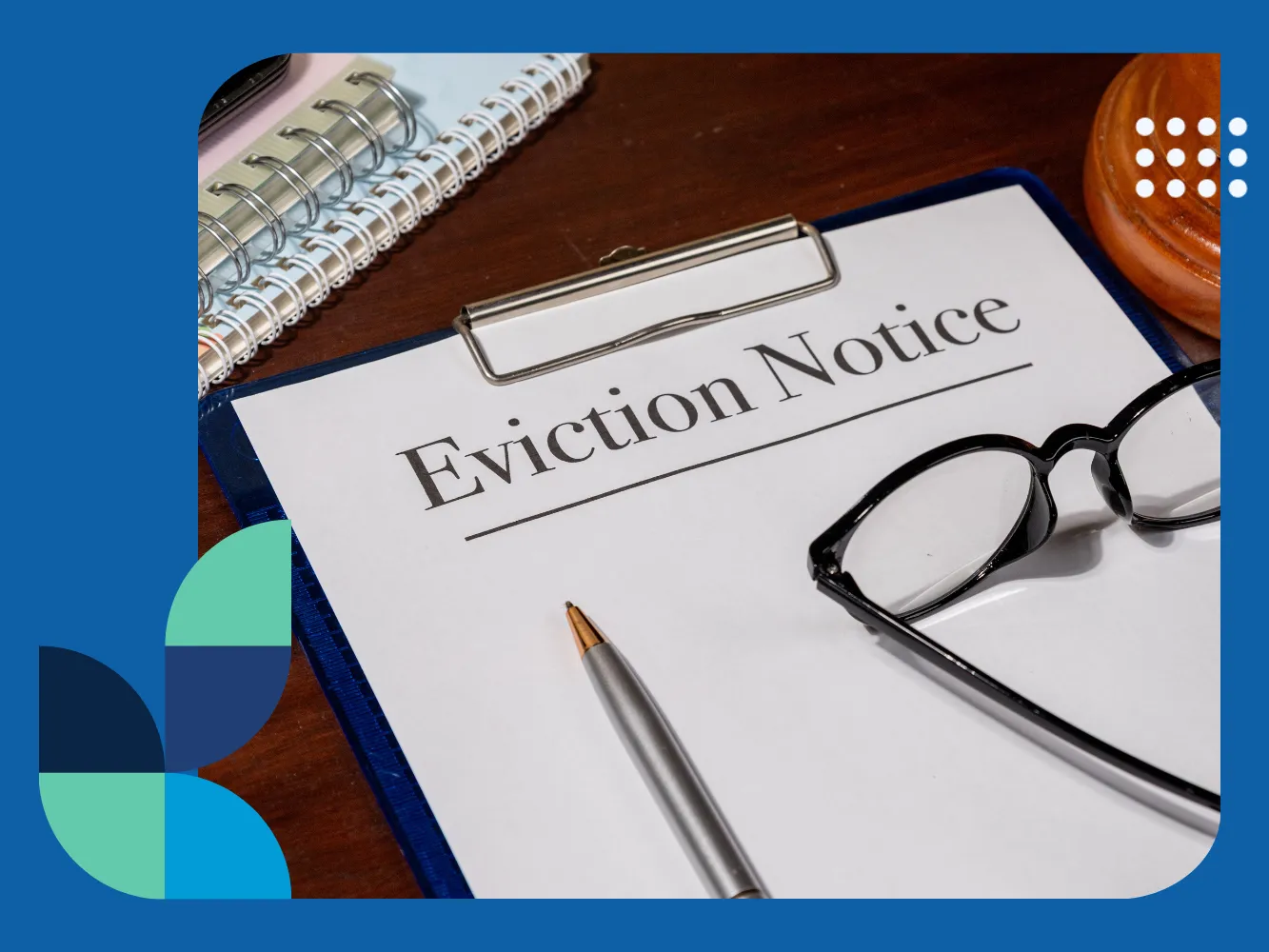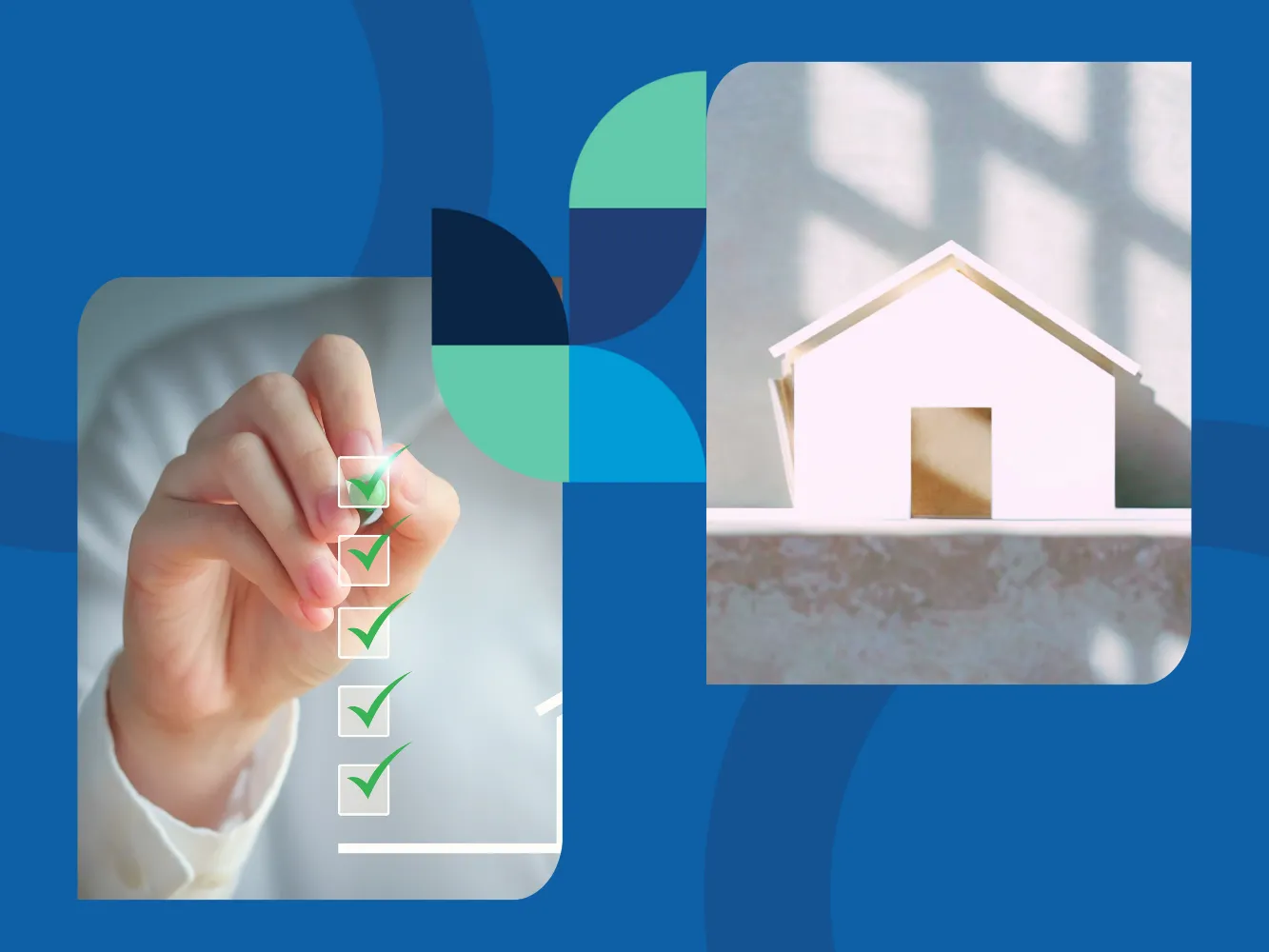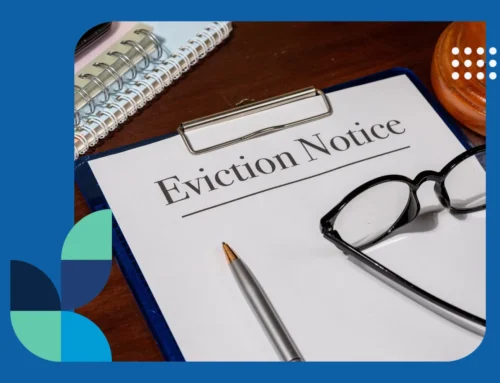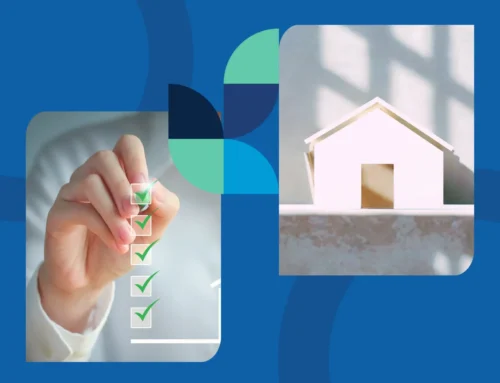Are you tired of dealing with problem tenants who cause trouble and damage your property? Tenant screening is your answer to finding reliable and responsible renters.
This guide will show you how to do thorough background checks, learn how to reduce risks, protect your investment, and keep your rental experience smooth.
We cover everything you need to find the right tenant, from credit checks to checking rental history.
What is Tenant Screening
Tenant screening is the process of evaluating potential renters through background checks, credit reports, and rental history to ensure they are reliable and responsible tenants.
They help you stay away from tenants who would cause you issues which we will discuss later.
Background Check
A criminal background check is an essential step in tenant screening. It involves searching for any criminal records, past evictions, or involvement in legal disputes. Here’s a simple breakdown:
- Checking Criminal Records: Looks up any crimes the person might have committed, such as theft or violence. Serious offenses can indicate potential risks.
- Past Evictions: Shows if the person has been kicked out of a rental before. Past evictions can be a red flag for potential issues.
- Legal Disputes: Shows if they’ve been involved in any court cases, helping to understand their history better.
Why is it Important?
Conducting a criminal background check ensures the safety and security of your property and other tenants. It provides peace of mind by knowing the history of your tenant, which can prevent future problems.
What You Might Find
A comprehensive background check will reveal any misdemeanors, felonies, or other significant offenses. Pay particular attention to serious crimes like violence, theft, or drug-related activities. Also, check if the applicant is listed on the sex offender registry. While minor infractions might not be deal-breakers, they should be considered alongside other aspects of the tenant’s profile.
Credit Check
A credit check is an important step to see if a potential tenant is financially responsible and reliable. Here’s what it includes:
- Credit Score: A higher credit score usually means better financial management and gives a quick idea of how well someone handles their money.
- Credit Report: Includes red flags like late payments, high debt levels, defaults, or bankruptcies, suggesting trouble paying rent on time.
- Payment History: Shows a history of making payments on time and keeping debt levels low, indicating a likely responsible tenant.
- Debt-to-Income Ratio: Considers how much debt they have compared to their income, where too much debt might mean they struggle to pay rent.
Why is it Important?
A thorough credit check helps you assess the risk of late or missed rent payments. It ensures you choose a tenant who can meet their financial commitments, keeping your property running smoothly and without financial hiccups.
Income Verification
Income verification is a crucial step to make sure a tenant can afford to pay the rent. Here’s why it matters:
- Ensuring Financial Stability: Checks if they make enough money to cover the rent, avoiding tenants who might struggle to pay.
- Confirming Employment: Ensures the tenant has a steady job, meaning a more reliable income and on-time rent payments.
- Verifying Income Level: The tenant’s monthly income should be at least three times the rent amount, ensuring they can afford the rent without financial stress.
Why is it Important?
Verifying income helps you choose a tenant who can meet their financial commitments, reducing the risk of late or missed rent payments. It provides peace of mind, knowing that your property will be in good hands.
Key Takeaways
What is the purpose of tenant screening?
It is a process used to evaluate potential renters through background and credit checks to ensure they are reliable and financially responsible.
What does a criminal background check for tenants include?
It typically reveals criminal records, past evictions, and involvement in legal disputes to help assess potential risks to the property.
Why should landlords conduct a credit check?
A credit check helps determine if a tenant is financially stable by reviewing their credit score, payment history, and debt levels.
Why Is Tenant Screening Important?
Tenant screening is an important step for landlords. It helps protect your investment and keeps the property safe and secure. Here’s why screening tenants is important:
1. Financial Protection
Reduces Risk of Late or Unpaid Rent
Tenants who consistently pay their rent on time help ensure the investor’s income is steady and reliable. This reduces the stress of chasing late payments and prevents financial loss. Having this extra time and guaranteed money is key to being a stable and successful landlord.
Minimizes Potential Property Damage
Responsible tenants are more likely to take good care of the property, leading to fewer repairs and maintenance costs. This helps keep the property in good condition and saves money on potential damage.
2. Maintaining a Safe and Secure Property
Reduces Risk of Criminal Activity
Having tenants without a history of criminal behavior helps create a safer environment for everyone. This reduces the chances of violent or illegal activities on the property, ensuring the well-being of all tenants.
Promotes a Peaceful Living Environment
Tenants who respect the property and their neighbors contribute to a peaceful and harmonious living environment. This benefits current residents by reducing conflicts and disturbances, creating a more enjoyable place to live. Additionally, a calm and respectful community makes the property more appealing to future tenants, helping landlords maintain high occupancy rates and a positive rental experience.
Overall, this leads to a steadily profitable rental property.
3. Long-Term Benefits
Lower Tenant Turnover
When tenants stay for a long time, it saves you the hassle and expense of finding new renters. High turnover rates mean spending money on advertising, cleaning, and re-renting the unit. With reliable tenants, landlords save time and money, enjoying a more stable rental income.
Peace of Mind for Landlords
Having responsible and reliable tenants makes life easier for you—by a lot. You can worry less about rent payments, property damage, or disputes. This peace of mind leads to a more enjoyable and less stressful property ownership experience, allowing landlords to focus on other important aspects of their lives and business.
4. Reputation
A well-maintained property with responsible tenants enhances the landlord’s reputation. Here are a few benefits:
- Attracts Quality Tenants: Positive word-of-mouth and good reviews can draw in more reliable tenants in the future.
- Increases Property Value: A strong reputation in the rental market can lead to higher property values.
- Boosts Demand: Increased demand for the landlord’s other properties can result in greater financial returns and a successful rental business over time.
5. Increased Tenant Retention and Better Business
Effective tenant screening contributes to higher tenant retention rates. Here are a few benefits:
- Higher Lease Renewals: Satisfied tenants who feel safe and respected are more likely to renew their leases, providing stability.
- Consistent Income: Consistent rental income and fewer vacancies create a better business model for landlords.
- Lower Maintenance Costs: Happy tenants take better care of the property, reducing maintenance costs and enhancing the overall value of the rental investment.
Tenant screening might seem like a small part of being a landlord, but it should be fairly obvious by now that it’s the backbone of your income. Without good tenants, you will struggle. So, it’s best to put some effort into this first step so it’s smooth sailing from this point onward.
How to Perform Tenant Screening
Screening tenants is important for landlords to find good, responsible tenants. This helps protect your property and keep things running smoothly. Here’s an easy guide to follow:
- Pre-screening Questions: When you first talk to potential tenants, ask them a few simple questions. This helps you see if they might be a good fit.
- Rental Application Form: Give them a form to fill out with their details. Ask for their personal information, job history, income, past rental history, and references. Make sure they sign it to allow you to check their background and credit.
- Employment and Income Verification: Make sure they can afford the rent. Ask for recent pay stubs, a letter from their boss, or tax returns if they work for themselves. A good rule is their income should be at least three times the rent.
- Contact Previous Landlords: Call their past landlords to learn about their rental history. Ask if they paid on time, took care of the property, and followed the lease rules. This gives you an idea of how reliable they are.
- Credit Check: Run a credit check to see their financial history. Look for their credit score, debts, and payment history. Watch out for late payments, high debts, or bankruptcies. A good credit score usually means they are responsible with money.
- Background Check: Do a background check to make sure they don’t have a criminal history. This can show if they have any criminal records, evictions, or are on the sex offender registry. This helps keep your property and other tenants safe.
- Personal References: Get personal references and call them. Talk to people who know the tenant, like friends or coworkers, to learn about their character and reliability.
- Interview the Applicant: Have a face-to-face or virtual interview with the tenant. This helps you get to know them and ask any extra questions about their expectations.
- Evaluate All Information: Review all the information you’ve collected. Check for consistency and verify facts. Decide what is most important for you, like if a lower credit score is okay if they have a stable job and great references.
- Trust Your Instincts: Facts are important, but trust your gut too. If something feels wrong about the tenant, consider that feeling. Use both your instincts and the data to make a decision.
- Make a Decision: After reviewing everything, decide if you want to accept or decline the application. If you accept, prepare a lease agreement with all the terms. If you decline, let the tenant know politely and give a reason if you can.
- Legal Compliance: Make sure your screening process follows local, state, and federal laws. The Fair Housing Act stops discrimination based on race, color, national origin, religion, sex, family status, or disability. Also, follow the Fair Credit Reporting Act (FCRA) for credit checks.
- Document Everything: Keep detailed records of your screening process for each tenant. This can protect you if there are any disputes or legal issues later.
Why Fair Housing Laws Matter
Fair housing laws make sure everyone has a fair chance to find a place to live. These laws stop discrimination based on things like race, color, where you’re from, religion, gender, family status, or disability. This means you can’t treat someone unfairly because of these things. Following these laws helps create a fair and equal housing market for everyone. It also protects landlords from getting into legal trouble. Always remember to treat all tenants the same and follow the rules to keep things fair.
Tenant Screening Services
Tenant screening tools are essential for landlords and property managers to choose reliable and responsible tenants. These tools examine an applicant’s background to provide a clear picture of their financial stability and rental history.
What Are Tenant Screening Tools?
Tenant screening tools act like a detective for landlords. They gather various types of information about potential tenants, including credit reports, criminal background checks, eviction histories, and rental histories. This helps landlords make informed decisions about who to rent to.
What Do They Do?
Here’s what these tools typically offer:
- Credit Checks: They check an applicant’s credit score and financial history to predict their ability to pay rent on time.
- Criminal Background Checks: They ensure the applicant doesn’t have a criminal history that could pose a risk.
- Eviction Histories: They look for any past evictions, which can be a warning sign.
- Rental Histories: They provide information about the applicant’s previous rentals, including references from former landlords.
Usual Cost Structure
The cost of these tools varies based on the depth of the screening:
- Basic Packages: These usually include a credit check and cost between $15 to $30 per screening.
- Standard Packages: These include credit checks, criminal background checks, and eviction histories, costing between $30 to $50 per screening.
- Premium Packages: These offer comprehensive screenings with all available checks, plus extras like employment verification, ranging from $50 to $100 or more per screening.
Some well-known options include RentPure, First Advantage, and SmartMove. Each of these services provides different levels of detail and reliability, allowing landlords to choose the best fit for their specific needs.
Portable Tenant Screening Reports
Portable tenant screening reports make renting easier for everyone. Tenants can use one report to show to many landlords, saving time and money. These reports include important information like:
- Credit checks
- Rental history
- Criminal background
This helps tenants apply faster and makes it easier for landlords to choose new renters quickly, reducing the time homes are empty.
SmartMove by TransUnion is a good example of this.
How Long Does Tenant Screening Last
The tenant screening process usually takes 3 to 7 days. How fast it goes depends on how carefully the checks are done and how quickly the applicant responds.
Good communication and easy access to information can make this process faster. But sometimes, delays happen if it’s hard to get references or more checks are needed.
It’s important to do all these steps carefully to make sure you choose good and responsible tenants, even if it takes a little longer.
Key Takeaways
Why is financial protection a primary benefit of tenant screening?
It reduces the risk of late or unpaid rent and minimizes potential property damage by identifying responsible tenants who take better care of the investment.
How does screening promote a safer living environment?
It identifies individuals with histories of criminal behavior or violence, which helps ensure the well-being of all residents and fosters a peaceful community.
What are the long-term business advantages of thorough screening?
Landlords experience lower tenant turnover and higher lease renewal rates, which results in consistent rental income and significantly lower advertising and cleaning costs.
What documents are needed to verify a tenant’s income?
Applicants should provide recent pay stubs, tax returns, or a letter from their employer to prove their monthly income is at least three times the rent.
How to Read A Tenant Screening Report
Reading a tenant screening report means looking at important details to decide if someone will be a good renter. Here’s a simple guide on how to do it:
1. Credit Report
Start with the credit report. Look at the credit score to see how financially responsible they are. A higher score usually means a reliable tenant.
Check if they have made late payments, have any defaults, or bankruptcies. A lot of debt or many open credit accounts can be a sign they might struggle to pay rent.
| Credit Score Range | Risk Level | Likelihood to Pay Rent on Time |
|---|---|---|
| 750-850 | Very low risk | Very likely |
| 700-749 | Low risk | Likely |
| 620-699 | Moderate risk | Generally reliable |
| Below 620 | High risk | May have trouble |
2. Background Check
Look at the background check for any criminal history. Pay attention to serious crimes like violence, drug offenses, or property damage. Minor issues might not be a big deal but should be considered along with everything else in the report.
3. Rental History
Review the rental history section. Look for frequent moves, evictions, or disputes with previous landlords. Good references from former landlords about the tenant’s behavior, on-time payments, and care for the property are strong signs of a good tenant.
4. Employment and Income Verification
Check the employment and income section to make sure the tenant has a steady job and enough income to pay rent. Usually, their monthly income should be at least three times the rent amount.
5. Personal References
Lastly, look at the personal references. These can give more insight into the tenant’s character and reliability.
In Conclusion
Performing a tenant credit and background check is important for landlords to find good and responsible renters. By looking at credit reports, background checks, rental history, job status, and personal references, landlords can avoid many problems.
This process helps protect the property, make sure rent is paid on time, and keep everyone safe and happy.
Taking the time to carefully check potential tenants is a smart move for landlords. It makes everything smoother and prevents future issues. Remember, a little work now can save a lot of trouble later.








